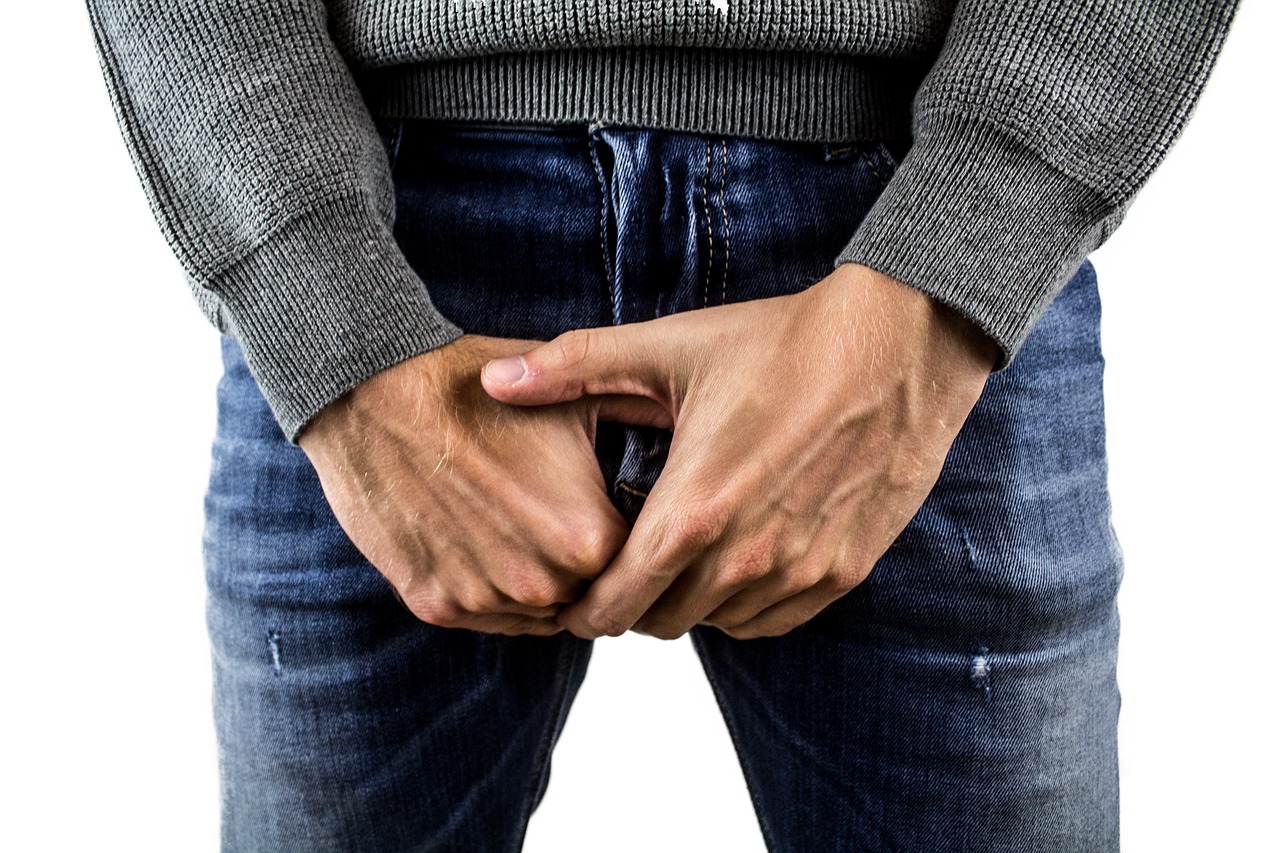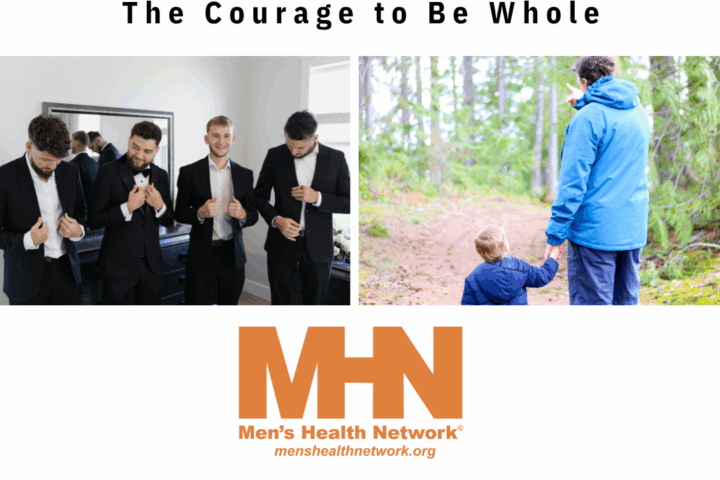I am a 22-year-old man, and I have some questions for men of whom I am concerned.
Gentlemen, have you had any action down there lately? No, I meant have you self-checked your testicles for any abnormalities – bumps, lumps, or humps?
Regardless of your activity or lack thereof down south, you should. According to the Testicular Cancer Awareness Month website, “Testicular cancer is the most common type of cancer in men ages 15-35 years.”[1] Testicular self-examination (TSE directions here) is the easiest way to check if you are all clear (and it has no identifiable health repercussions), though clinical evaluations by health professionals should also be carried out.
Aren’t convinced? Well, the American Journal of Men’s Health article, “USPSTF (U.S. Preventive Service Task Force) Testicular Examination Nomination-Self-Examinations and Examinations in a Clinical Setting,” states: Researchers “have pleaded for health education in young men to increase TC (Testicular Cancer) knowledge,” because “there are numerous current and historical studies in the global medicinal and public health literature that overwhelmingly support TSE.”[2] In a newsletter article from Harvard Medical School, this point was reiterated: “Doctors should screen young men by performing a testicular examination at each checkup;” and “Men between the ages of 15 and 35 should examine themselves about once a month.”[3]
However, not everyone believes in such obvious scientific knowledge. The folk at the U.S. Preventive Services Task Force believe we should not be screened. Specifically, they posit, “Screening by self-examination or clinician examination is unlikely to offer meaningful health benefits”.[4] Moreover, these specialists assert, “Potential harms include false-positive results, anxiety, and harms from diagnostic tests or procedures.”[5] (Is this an anti-vaxxer sub-chapter?)
A little history aids this discussion. The USPSTF “published a Grade D (Meaning the USPSTF “recommends against the service. There is moderate or high certainty that the service has no net benefit or that the harms outweigh the benefits.”[6]) recommendation for both testicular self-examination (TSE) and clinical evaluation to screen for testicular cancer in asymptomatic males.”[7] This review committee reaffirmed these recommendations in 2009 and again in 2011.”[8] So this “independent, volunteer panel of national experts in disease prevention and evidence-medicine” (and this self-description is directly from the USPSTF homepage) made one poor recommendation and then continued to make two more bad judgments. Third time is the charm does not apply to this organization. Three strikes and you’re out should apply, though. As asserted in “USPSTF Testicular Examination Nomination-Self-Examinations and Examinations in a Clinical Setting”, “we believe that the current grade and attendant information confuses men and boys about the importance of self-care and wellness and continues to inadvertently reinforce negative cultural attitudes.”[9]
Despite what I sound like here, I’m not one to rant. But I believe the topic of boys’ and men’s health is overlooked, pushed to the fringes of societal attention. Take it from the specialists who themselves note we don’t encourage the boys and men to care about themselves: “Health care professionals lament the apparent lack of concern that young men, particularly adolescents, have for their own health;”[10] “Although adolescent males have as many health issues and concerns as adolescent females, they are much less likely to be seen in a clinical setting.”[11] We need proper advocacy to assist our efforts to be the best we can be.
Generally speaking, men are taught to push through pain, fight the urge to admit they have a problem – Think about your uncle Bob who put off hip-replacement surgery because he didn’t want a doctor to touch him there. Eh, I’m tough, no big deal. Yes, big deal – “failure to identify testicular abnormalities…at an early stage results in more radical and expensive treatments, a decrease in the quality of life, adverse psychological effects.”[12] That is a problem.
Men,
you want to protect your family assets, right? Then, make sure you check if
your jewels are safe and unharmed. We need help to be more aware of our health.
I am a man, and my health matters. Read this: I AM A MAN, AND MY HEALTH
MATTERS. So: Why does a task force that
annually reports to the U.S. Congress to highlight “critical evidence gaps in
research related to clinical preventive services” recommend against a simple,
free, and effective test that may detect the deadliest cancer of my age group?[13]
[1] “Testicular Cancer Awareness Month is celebrated in April of each year,” Testicular Health Guide, Accessed April 17, 2019, https://www.testicularcancerawarenessmonth.com/
[2] Fadlich, Ana, Giorgianni, Salvatore J., Rovito, Michael J., et. al., “USPSTF Testicular Examination Nomination-Self-Examinations and Examinations in a Clinical Setting,” American Journal of Men’s Health, 12, no. 5 (2018): 1511-1512.
[3] Ibid 1516.
[4] “Clinical Summary of U.S. Preventive Service Task Force Reaffirmation Recommendation,” U.S. Preventive Services Task Force, last modified April 2011, accessed April 8, 2019, https://www.uspreventiveservicestaskforce.org/Page/Document/ClinicalSummaryFinal/testicular-cancer-screening
[5] Ibid.
[6] “What the Grades Mean and Suggestions for Practice,” ,” U.S. Preventive Services Task Force, last modified July 2012, accessed April 8, 2019, https://www.uspreventiveservicestaskforce.org/Page/Name/grade-definitions
[7] Fadlich, Ana, Giorgianni, Salvatore J., Rovito, Michael J., et. al., “USPSTF Testicular Examination Nomination-Self-Examinations and Examinations in a Clinical Setting,” American Journal of Men’s Health, 12, no. 5 (2018): 1510.
[8] Ibid.
[9] Ibid.
[10] Ibid 1515.
[11] Ibid 1511.
[12] Ibid 1512.
[13] “Clinical Summary of U.S. Preventive Service Task Force Reaffirmation Recommendation,” U.S. Preventive Services Task Force, last modified April 2011, accessed April 8, 2019, https://www.uspreventiveservicestaskforce.org/Page/Document/ClinicalSummaryFinal/testicular-cancer-screening




